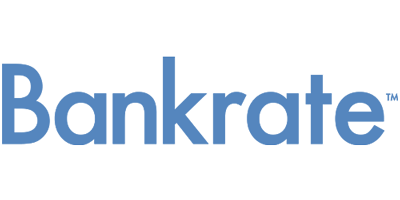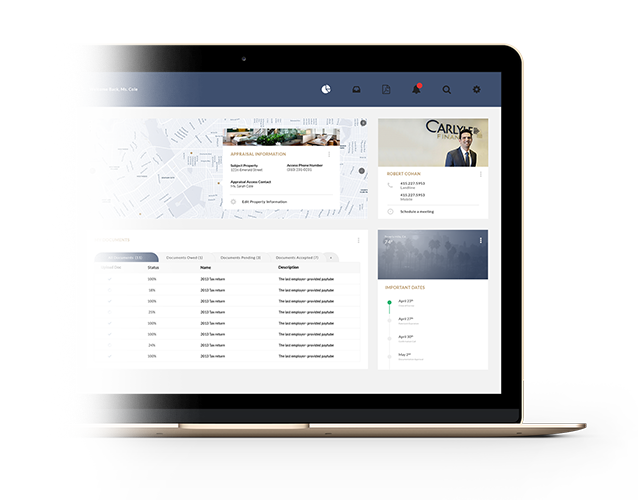Robert Cohan
President
Since we offer a plethora of super jumbo loan products from our constantly expanding partnerships with local CA banks & credit unions, we don’t have a DIY interest rate engine — yet. (Stay tuned.) The good news is you have a super jumbo expert available 7 days a week to tailor a custom quote for you. Get your quote started below.
Managing Director
Robert is an experienced mortgage professional and industry innovator. He developed his passion for providing extraordinary service for extraordinary clients as a top mortgage professional for several national banks, including Bank of America, Washington Mutual (now J.P. Morgan Chase) and Wells Fargo Home Mortgage, where he became the first loan officer to open a mortgage-only storefront on Canon Drive in the heart of the Beverly Hills triangle.
Terrific Experience!
We had a wonderful experience with Carlyle Financial from start to finish! Robert was extremely knowledgeable and able to move the process along very quickly for us. We were also very impressed with Robert's willingness to call and explain things in great detail. We highly recommend Carlyle Financial!

Had a great experience with Carlyle Financial. I shopped around and they offered me the best incentives. They're very quick and respond right away. I highly recommend!

Robert Cohan has done it again! We have worked with Robert for YEARS and each time it is a pleasure. The feeling of confidence and security that we have each time we entrust them with a new mortgage is beyond compare.

We had a wonderful experience with Carlyle Financial from start to finish! Robert was extremely knowledgeable and able to move the process along very quickly for us. We highly recommend Carlyle Financial!

Just closed on my new house and I couldn’t have done it without the people at Carlyle Financial. They made the process so easy and not to mention fast. We closed 3 days early!! What I liked most about them is that they were organized and they always kept me in the loop with whatever was going on. Thanks again guys!


Carlyle Financial offers a comprehensive suite of jumbo home loan products from our established partnerships with local community banks, credit unions, and specialty regional banks throughout California.
Introducing the mortgage experts who will be working on your home loan.
President
Senior Vice President
Vice President of Mortgage Lending
Mortgage Loan Officer
Mortgage Broker / Banker
Office Administrator